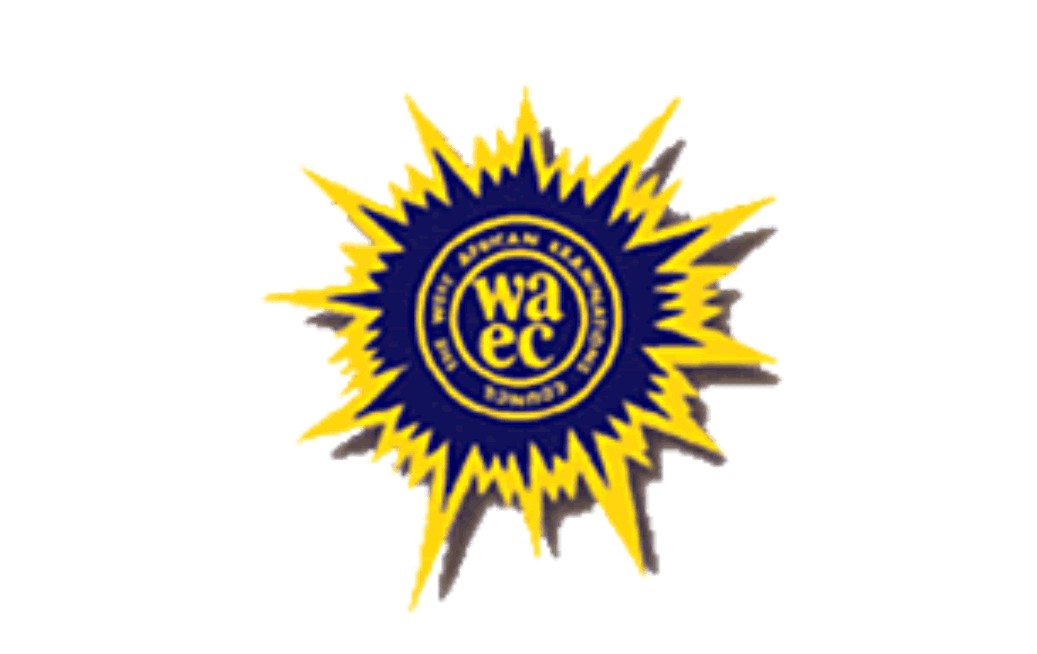Education
WAEC Advocates National Honours For Teachers

The West African Examinations Council (WAEC) says it has reached an advanced stage with plans for the hosting of the 37th annual conference of the Association for Educational Assessment in Africa (AEAA).
The council’s Head of National Office (HNO), Mr Olu Adenipekun disclosed this in an interview with newsmen, last Saturday in Lagos.
The theme of the conference is: Innovations in Educational Assessment.
He stated that the conference, slated for Aug. 4 to Aug. 8, would seek to put to the fore, new developments in the area of educational assessment and standards, as well as assessment of candidates.
“We are happy to state here that preparations for the upcoming conference in Abuja are in top gear and have reached an advanced stage.
“This year, Nigeria will be hosting the annual conference which was hosted last by Lesotho in 2018.
“The association is a continental body for assessors, examination bodies, institutes and Faculties of Education and universities are also represented in it.
“We meet once in a year where we bring to the fore, situations in areas of educational assessment across the world. Like you may know, the last conference was hosted by Lesotho, where Nigeria was given the hosting right and elected as the Vice President of the conference,” the WAEC boss said.
According to him, members of the association want to also bring to the fore, new developments in the area of educational assessment, not just in Africa, but the world at large.
He noted that participants would want to see the things required to ensure that assessment and standards in education and other key areas are up-to-date, remain valid and ensure that its integrity was intact.
According to him, participants would also want to see how they are responding to new challenges, financing, as well as the development of human capital.
On whether the council had plans to review upwards, stipends paid to examiners who participate in the marking of examination scripts of candidates, Adenipekun said: council cannot equate their services in monetary value, considering their contributions to nation building.
“It is something that is quite clear to us that teachers who serve as examiners to us need to be given enhanced remuneration.
“But let me state it clearly here that the operations of WAEC are largely based and dependent on the teachers.
“For instance, the items which are the raw questions are developed by the teachers, the questions that are so developed are moderated by the same teachers. And when these questions are so moderated, the conduct of the examinations themselves are handled by the teachers and then the standard fixing is also done by the teachers.
“So one will see that as a council, we only provide the enabling environment to ensure that the procedures are followed rigidly, as well as provide the necessary leadership in the area of bringing to the fore, new and positive developments,’’ he said.
“You know, once you share knowledge and you see that knowledge translates to human development, it gives one an unquantifiable sense of joy and self fulfilment that transcends monetary gains.
“We, therefore, acknowledge their contributions to national development and the need to continue to encourage them, which we have been doing, through the continuous improvement of the remuneration of our examiners.
“But also, let me state clearly and this is a fact that the teachers are not in the employ of the council full time.
“They only work for us on part-time basis for a period of time, basically during the marking of examination scripts.
“During this period, we normally inform both the Federal and state govenments, just to let them know that we will engage the teachers for a period of time.
“WAEC does not charge economy fees. What we charge for the examination is strictly limited. It is never given a free hand to charge economy fees because education at the secondary level among the five member nations of council is considered as a social service.
“So, the same way we now plead with our ad hoc staff, supervisors, examiners, checkers, by putting our cards on the table for them to see that what we are all doing is contributing to the development of our dear country,’’ he said.
Adeniekun, however, assured that the council would continue to strive to find means of continually reviewing upward, the stipends being paid the examiners.
Education
Elga boss tasks law students on academics strides

Education
Association harps on importance of mother tongue in society

Education
UNIPORT Hails Odusote’s Historic Appointment as First Female Director-General of Nigerian Law School

-
Maritime4 days ago
Nigeria To Pilot Regional Fishing Vessels Register In Gulf Of Guinea —Oyetola
-

 Sports4 days ago
Sports4 days agoGombe-Gara Rejects Chelle $130,000 monthly salary
-
Maritime4 days ago
Customs Declares War Against Narcotics Baron At Idiroko Border
-
Maritime4 days ago
NIMASA,NAF Boost Unmanned Aerial Surveillance For Maritime Security
-

 Sports4 days ago
Sports4 days agoTEAM RIVERS SET TO WIN 4×400 ” MORROW” …Wins Triple jump Silver
-

 Sports4 days ago
Sports4 days agoNPFL Drops To 91st In Global League Rankings
-

 Sports4 days ago
Sports4 days agoNPFL Impose Fines On Kwara United Over Fans Misconduct
-

 Sports4 days ago
Sports4 days agoNIGER DELTA GAMES PANACEA TO YOUTH DEV”

